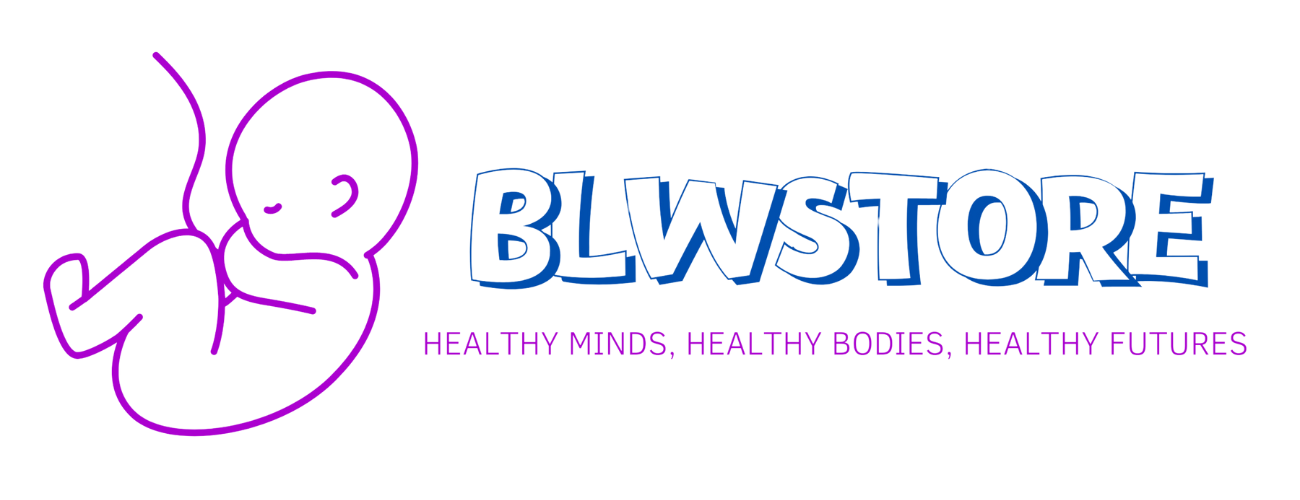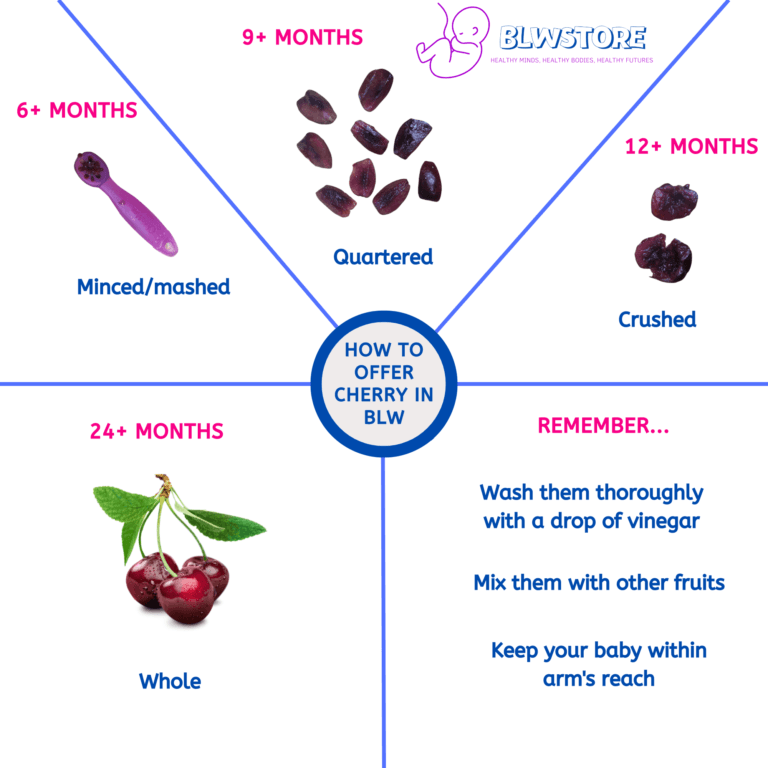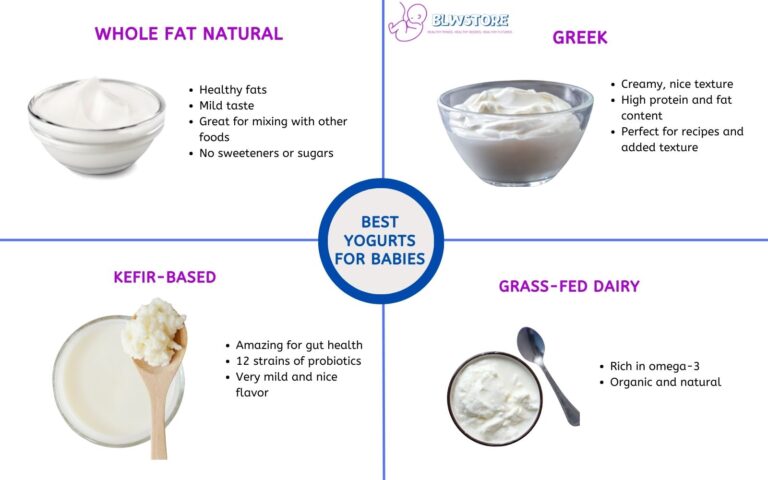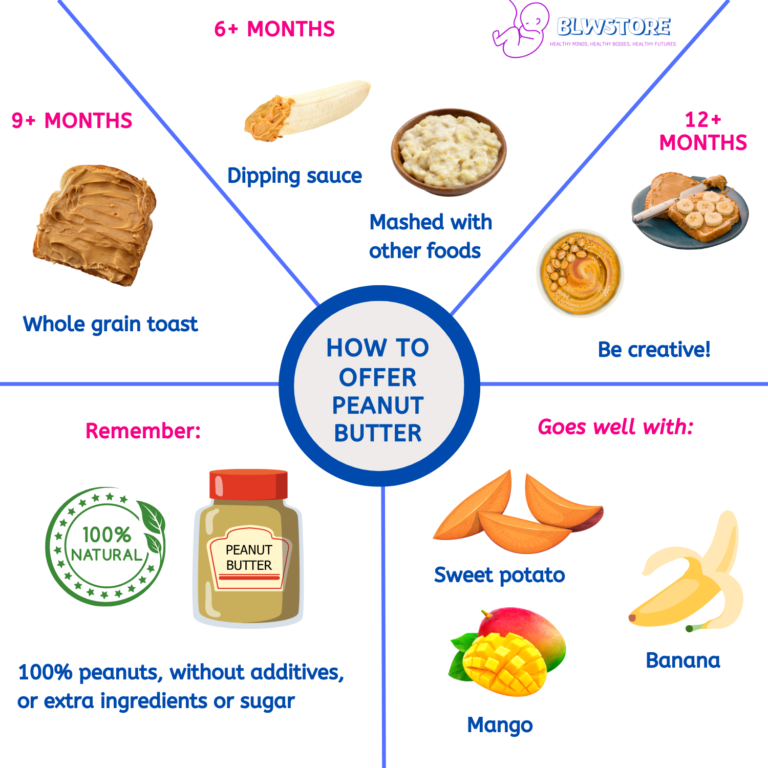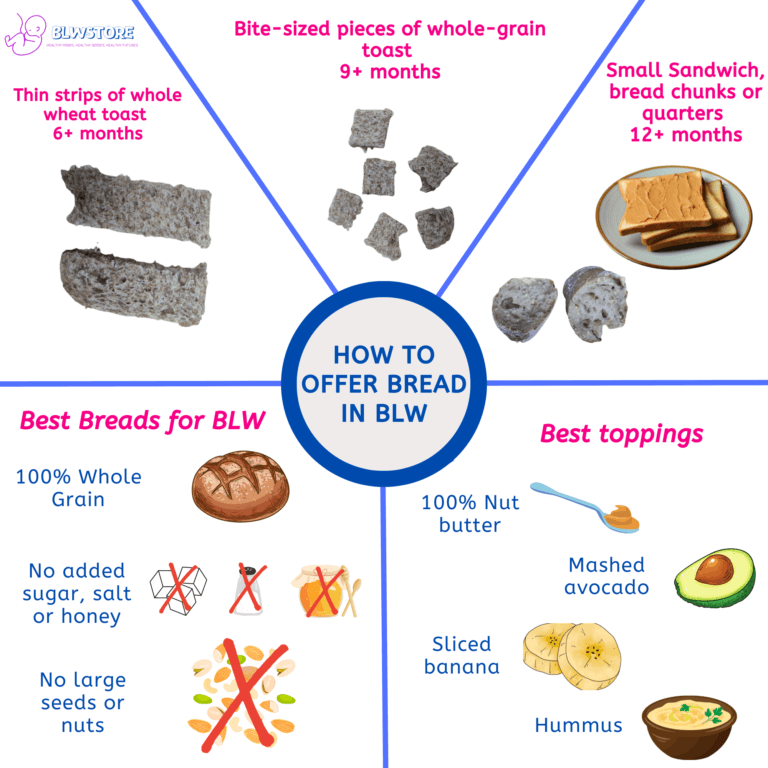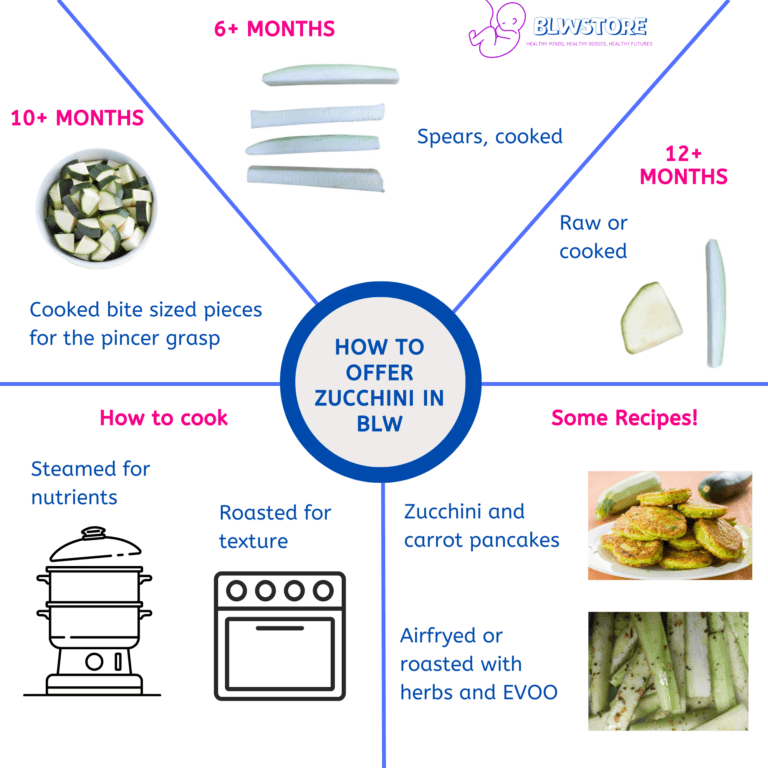
When can babies have dairy? Introducing dairy products to your little one’s diet can be a nutritious and delicious addition, but knowing the right time to start is crucial.
This comprehensive guide will help you navigate the world of dairy for babies, including when to introduce whole milk, yogurt, and cheese and the potential risks and signs of lactose intolerance.
Let’s get after it!
Recommended read: Best protein sources for babies
Key Takeaways
- The American Academy of Pediatrics (AAP) recommends introducing dairy products to babies at 12 months of age, as cow’s milk may not provide the right balance of nutrients and may lead to allergies or intolerance.
- Breast milk or formula should remain the primary source of nutrition for babies until they reach one year of age.
- Excessive dairy consumption in babies may lead to nutrient insufficiencies, digestive issues, allergies, and obesity. It is important to maintain a well-balanced diet for infants.
- Signs of lactose intolerance in babies include excessive gas, abdominal bloating, abdominal pain, diarrhea, vomiting, constipation, fatty stools, irritability, and reduced growth.
- Goat milk is a safe and nourishing alternative to cow milk for babies over 12 months old, as it is easier to digest and rich in essential vitamins, minerals, and fatty acids.
- Yogurt can be introduced to babies at 12 months, but it is important to offer natural yogurt without sweeteners or sugar.
- Cheese can be introduced with caution due to its high protein content and added salt. Opt for soft cheese made with pasteurized milk and free from additives.
What age can babies start consuming dairy products?
The American Academy of Pediatrics (AAP) proposes that babies wait until twelve months old to ingest dairy items. This is because cow’s milk does not contain the appropriate ratio of nutrients for an infant’s dietary needs.
Moreover, babies do not possess the necessary digestive enzymes to break down cow’s milk proteins, and early introduction of dairy products may increase the risk of allergies or intolerance.
Furthermore, breast milk or formula should remain the main source of nutrition for a baby until they reach one year of age. Afterwards, parents can start giving whole milk and other dairy products, but in small quantities and gradually increasing them over time.
It is essential to consult with a pediatrician before providing any new food to a baby to guarantee appropriate growth and development.
The American Academy of Pediatrics recommends waiting until 12 months to introduce dairy products, as cow’s milk may not provide the right balance of nutrients and may lead to allergies or intolerance. Consult with a pediatrician to ensure proper growth and development.
How much and what kind of milk should babies drink?
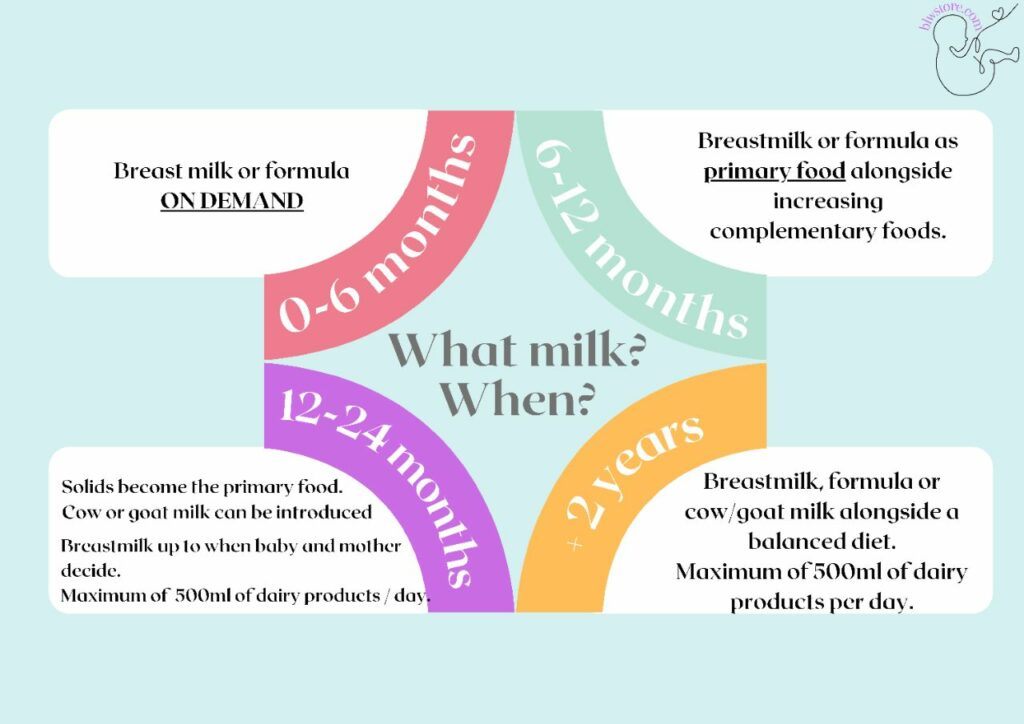
0-6 months:
- Breast milk or formula should be the sole source of nutrition.
- Feed on demand, not on a strict schedule (every 3 or 4 hours).
6-12 months:
- Milk remains the primary source of nutrition.
- Continue feeding on demand.
- Begin introducing complementary foods to diversify diet.
- Aim to expose babies to a variety of foods and textures.
Animal-Origin Milk:
- Do not introduce cow’s or goat’s milk before 12 months.
- These milks have higher protein levels compared to breast milk and formula.
- Excess protein can be harmful to a baby’s developing body.
Are there any risks associated with consuming too much dairy in babies?
As parents, it is of utmost importance to be aware of the hazards that come with letting babies consume too much dairy.
This can cause insufficiencies in iron, zinc, and calcium as well as place stress on their digestive system, presenting with symptoms such as diarrhea, bloating, gas, and constipation.
Moreover, indulging in milk and its products can also increase the likelihood of a baby developing allergies. Plus, the fat content of dairy can lead to your baby putting on too much weight, potentially resulting in obesity.
Thus, parents must take caution when it comes to how much dairy their baby has and make sure to include other healthy food sources in their diet.
Excessive dairy consumption in babies may lead to nutrient insufficiencies, digestive issues, allergies, and obesity. Parents must be cautious and ensure a well-balanced diet for their little ones.
What are the signs of lactose intolerance in babies?
It is important to be aware of the signs and symptoms of lactose intolerance in babies, as they can include issues like excessive gas, abdominal bloating, abdominal pain, and diarrhea.
Other telltale signs may be vomiting, constipation, fatty stools, irritability, and reduced growth. If your little one is displaying any of these issues, it is wise to consult your doctor right away. They may suggest cutting dairy out of your baby’s diet or switching to a lactose-free formula to assess if that helps.
Being aware of the signs of lactose intolerance in babies can assist you in getting the correct treatment for your child.
- Excessive gas
- Abdominal bloating
- Abdominal pain
- Diarrhea
- Vomiting
- Constipation
- Fatty stools
- Irritability
- Reduced growth
Is Goat Milk Safe for Babies?
Parents in search of nourishing options for their young ones may want to think about adding goat milk to their diets. In fact, many moms and dads are now beginning to choose goat milk formula for their babies.
Goat milk is a great selection for those who are seeking a dairy substitute as it is easier to digest than cow milk. It is likewise filled with essential vitamins and minerals such as calcium, magnesium, potassium, and iron, making it a nourishment powerhouse.
In addition, it has fewer allergens than cow milk, so it is a great choice for those with milk hypersensitivity.
Goat milk is also abundant in fatty acids, providing it an extra increase of brain-nourishing goodness. And best of all, goat milk has an enjoyable, mild taste that your toddler will adore! Therefore, if you desire to give your little one a healthy start in life, goat milk is a superb option.
Goat milk is as safe as cow milk when the baby is over 12 months old.
Goat milk: a nourishing alternative to cow milk, easier to digest and rich in essential vitamins, minerals, and fatty acids. A healthy choice for babies over 12 months old.
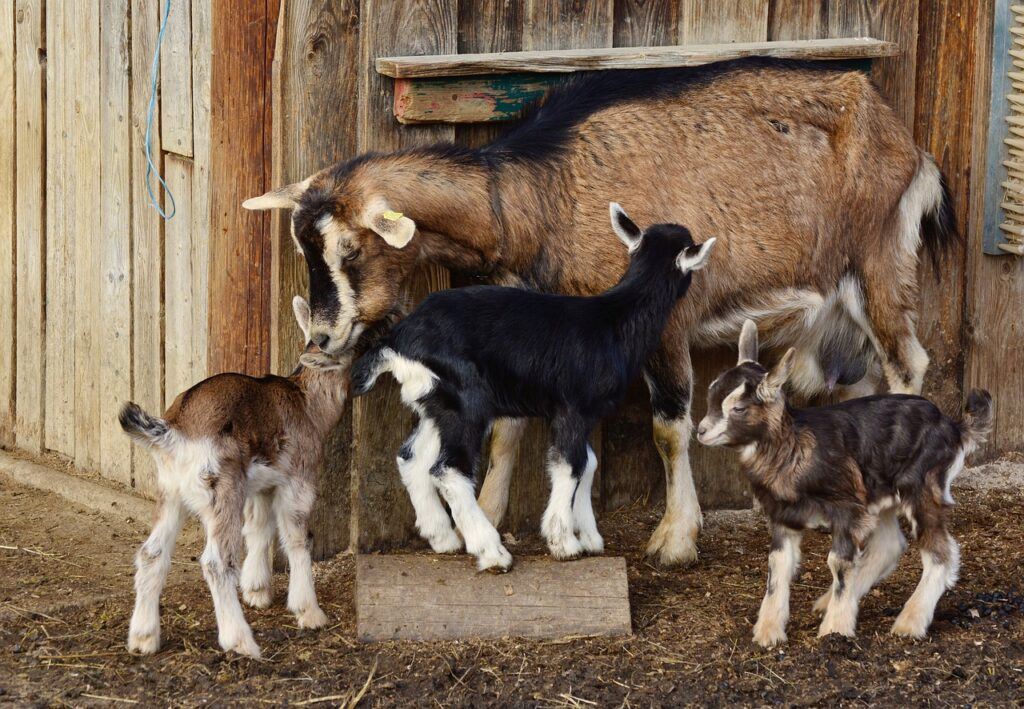
When can babies eat yogurt?
Introducing yogurt to your baby is a common question among parents.
While it’s not recommended to give a whole yogurt to babies under one year, some pediatricians do approve of offering a few spoonfuls.
Since yogurt has more protein than your baby requires, it’s better to stick to breast milk or formula for their nutritional needs.
It’s advisable to wait until your baby is one before regularly incorporating yogurt into their diet. However, if your little one shows interest while you’re enjoying plain yogurt, you can let them taste a spoonful.
Read more about the best yogurts for your baby.
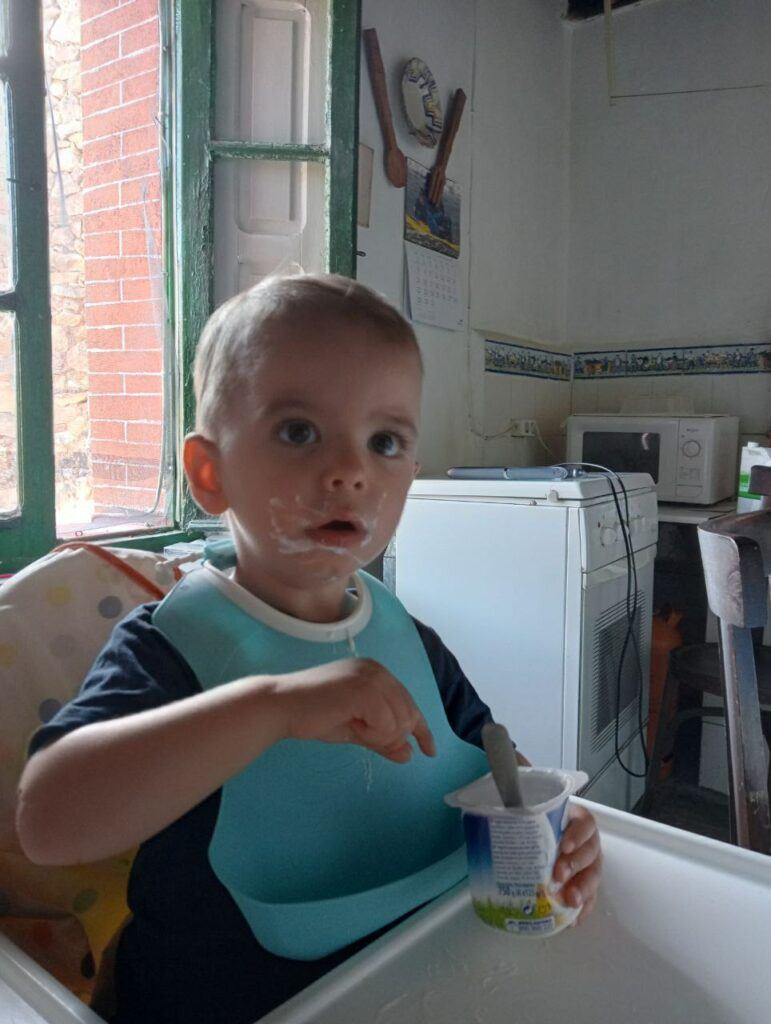
When can babies eat cheese?
When it comes to offering cheese to your little one, there are a few important factors to consider.
Like yogurt, cheese has a high protein content that may not be suitable for your baby’s dietary needs. Additionally, the added salt in cheese can be a concern for young infants.
If your 10-month-old baby shows interest in trying some soft cheese while you’re eating, you can allow them a taste.
However, be cautious not to make it a daily habit. Ensure the cheese is made with pasteurized milk and is free from additives.
Opt for soft cheese over cured cheese, as it typically contains less salt.
Introduce yogurt and cheese to your baby with caution: while they offer valuable nutrients, their high protein content, and added salt can be unsuitable for infants.
It’s best to wait until they’re older and ensure any dairy consumed is made with pasteurized milk and free from additives.
Conclusion
When can babies have dairy?
From 12 to 36 months, babies can start consuming whole milk, reducing their reliance on formula.
To ensure a smooth transition, introduce dairy products gradually, potentially mixing both types of milk initially.
However, limit their dairy intake to 400-500ml per day, such as a yogurt and a glass of milk, to avoid interfering with iron absorption due to high calcium levels.
It’s best to offer dairy during breakfast or daytime snacks, while keeping it out of main meals like lunch and dinner.
We’re Maria and Alberto, a married couple and educators who are nutrition enthusiasts. Even before we had kids, we were already crazy about nutrition.
We’d read scientific articles, watch videos from nutritionists, and spend hours listening to nutrition podcasts.
Today, we continue doing this, but in a different way, as we’ve learned to sift through the noise and trends. Nutrition, like any other field of knowledge, the more you read and learn, the more you develop a comprehensive understanding of reality, and that’s what has happened to us.
Before having our first child, we focused on learning everything we could about child nutrition, using the same techniques we had already employed, backed by our extensive knowledge in nutrition.
Our mission is to help other parents with their children’s nutrition, to help them become the best versions of themselves.
If we are what we eat and drink, which is absolutely true, let’s do it right!
